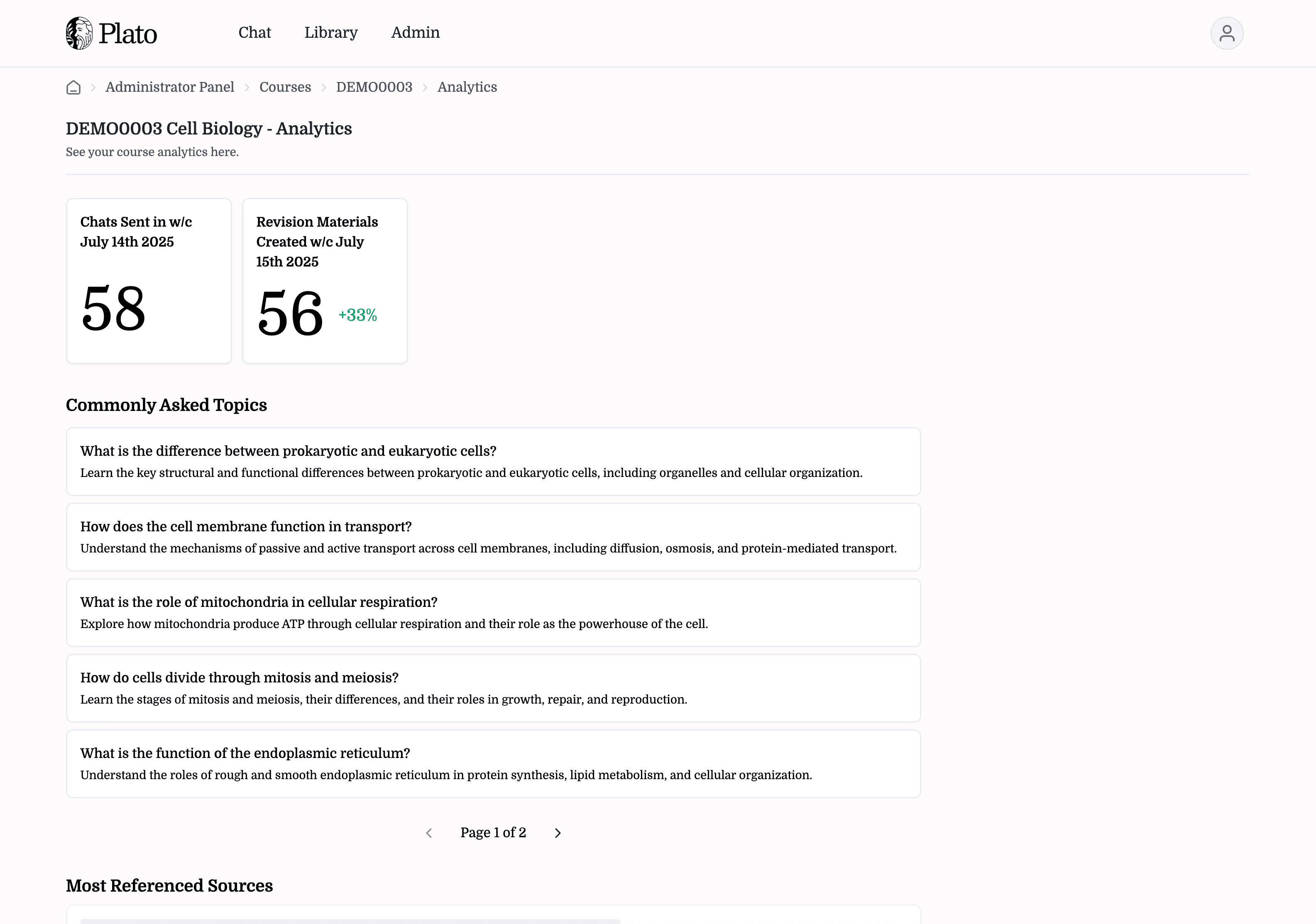AI Ethics

Written by
Nikita Dumitriuc
Published on
20 Nov 2024
Copy link
The role of artificial intelligence (AI) in education is growing rapidly, especially within university settings, where it has the potential to revolutionise how students learn, interact with faculty, and engage with teaching materials. From learning platforms and AI-powered tutoring systems to automated grading and administrative support, AI has the potential to become an integral tool in modern education.
However, as AI’s influence expands, it raises significant ethical concerns that need careful consideration. Three of the most critical ethical issues of AI education are academic integrity, bias and the preservation of human interaction in learning.
This is the first part of our three-part blog series on AI ethics in education. In this series, we’ll explore the critical ethical considerations surrounding AI in education, including academic integrity, bias, and the preservation of human connection. Today, we focus on academic integrity—the cornerstone of educational ethics—and discuss how AI can be implemented responsibly to maintain fairness while supporting students’ learning.
AI and Academic Integrity
When AI first made its way into classrooms, it was quickly embraced by the most tech-savvy and enthusiastic students who recognised its potential to enhance their learning experience. Early adopters found AI tools to be powerful resources for improving academic performance, streamlining tasks, and gaining personalised support. For many students, AI opened doors to more effective and autonomous learning, empowering them to stay on track and access resources without waiting for faculty availability.
However, this rapid adoption also triggered skepticism and concern among academics and educational institutions. Many faculty members viewed AI with suspicion, fearing that it could be used as an easy way to cheat or enable students to completely skip the learning process. The proliferation of AI-powered tools raised alarms about students relying on these technologies for shortcuts, potentially undermining academic integrity. In response, some universities began to table or limit the use of AI in their classrooms, with some even implementing stricter policies, including turning to in-person assessments as a way to combat AI-driven cheating. AI detection systems were developed to identify AI use in assignments, but these tools often proved unreliable and unable to accurately distinguish between human-generated and AI-generated content.
While the promise of AI in education is undeniably great—offering personalised learning experiences, efficiency, and scalability—it raises a critical question: Can AI truly improve learning outcomes without compromising the ethical values that underpin education? As educational institutions continue to grapple with these challenges, the need for ethical AI deployment becomes increasingly apparent. AI must be carefully integrated in a way that enhances learning and supports academic growth, while also preserving the integrity and fairness of the educational process. The future of AI in education depends not only on its technological capabilities but also on how it is used responsibly, ensuring that it benefits both students and educators without sacrificing the foundational principles of academic integrity.

Plato addresses these concerns by prioritising transparency, guidance, and ethical usage in its design. We empower students to learn and grow independently while ensuring that its tools are used responsibly. By offering educators control over AI configurations and detailed insights into student interactions, Plato ensures that its supports both ethical learning practices and academic excellence.
Conclusion
The integration of AI into education presents both immense opportunities and complex ethical challenges. While AI has the potential to change learning through support, efficient resource management, and enhanced accessibility, it also raises critical questions about academic integrity, bias, and the preservation of human connections. Addressing these issues is essential to ensure AI’s positive impact on students and educators alike.
Plato exemplifies how AI can be deployed ethically and effectively. By prioritising fairness, transparency, and collaboration, Plato ensures that its tools support academic integrity, mitigate biases, and complement human educators. Features such as context-aware answers, clear citations, and customisation reflect Plato’s commitment to ethical practices and student empowerment.
Looking ahead, AI’s role in education will undoubtedly expand, offering new ways to enhance learning experiences. However, this progress must be guided by responsible and ethical practices to ensure that AI serves as a force for inclusion, equity, and academic excellence. Together, educators and developers can shape a future where AI enriches education without compromising its core values.
If you're interested in seeing how AI can transform learning book a demo of Plato today. Experience firsthand how Plato empowers students, supports educators, and ensures academic integrity through responsible AI design.
